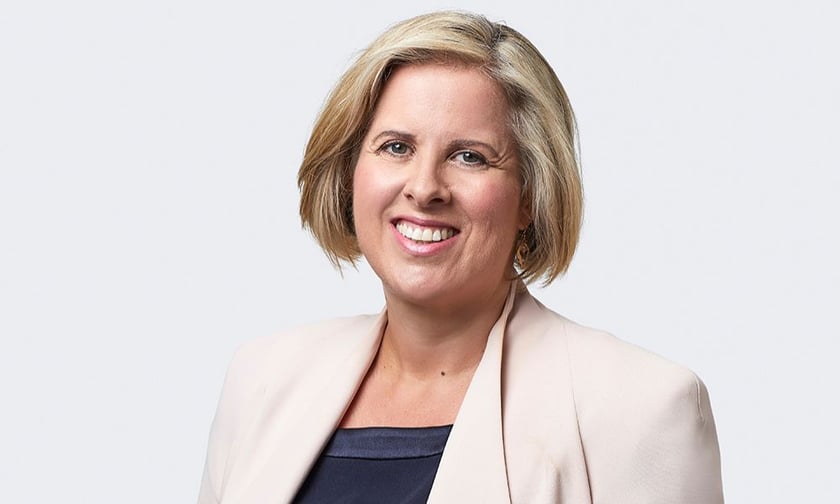

Amid discussions surrounding the Free TAFE Bill 2024, a building and construction industry body has issued a warning about the potential risks of hastily implementing such legislation without sufficient evidence of its effectiveness.
The construction industry, a crucial sector for Australia’s growth, is grappling with significant labor shortages and the pressing need to scale up infrastructure and housing developments to meet rising demands.
In this context, Master Builders Australia, while generally supportive of the government’s training and skills development initiatives, has expressed concerns about the specific legislative approach to making TAFE education fee-free.
They argued that it could negatively affect private training providers and distort the market.
Denita Wawn (pictured above), CEO of Master Builders Australia, articulated these apprehensions.
“Free TAFE initiatives unfairly distort the market towards TAFE-delivered courses over industry-led providers,” Wawn said. “We have not seen the free TAFE policy bring more people into building and construction apprenticeships; rather, it has simply reshuffled the deck.”
This statement underscores the association’s stance that while the intent behind the policy may be positive, its actual impact has yet to be proven effective in addressing the industry’s challenges.
Master Builders insists that if the Free TAFE Bill is to pass, it must be revised to include provisions for not-for-profit, industry-run registered training organizations (RTOs), ensuring a level playing field for all training providers.
“The proposed bill is anti-competitive and creates a market distortion and should not be committed to legislation,” Wawn said, emphasizing the need for a more inclusive approach that considers the contributions of various educational bodies.
As Australia heads into a federal election, Master Builders Australia is calling for all political parties to consider practical, evidence-based solutions to the labor shortages plaguing the building and construction industry.
This approach is deemed essential not just for the health of the industry but for the broader economic challenge of meeting the nation’s housing needs.
“This federal election, we are looking at all parties for practical and evidence-based solutions to labour shortages in the industry which is crucial to addressing the housing crisis,” Wawn said.
